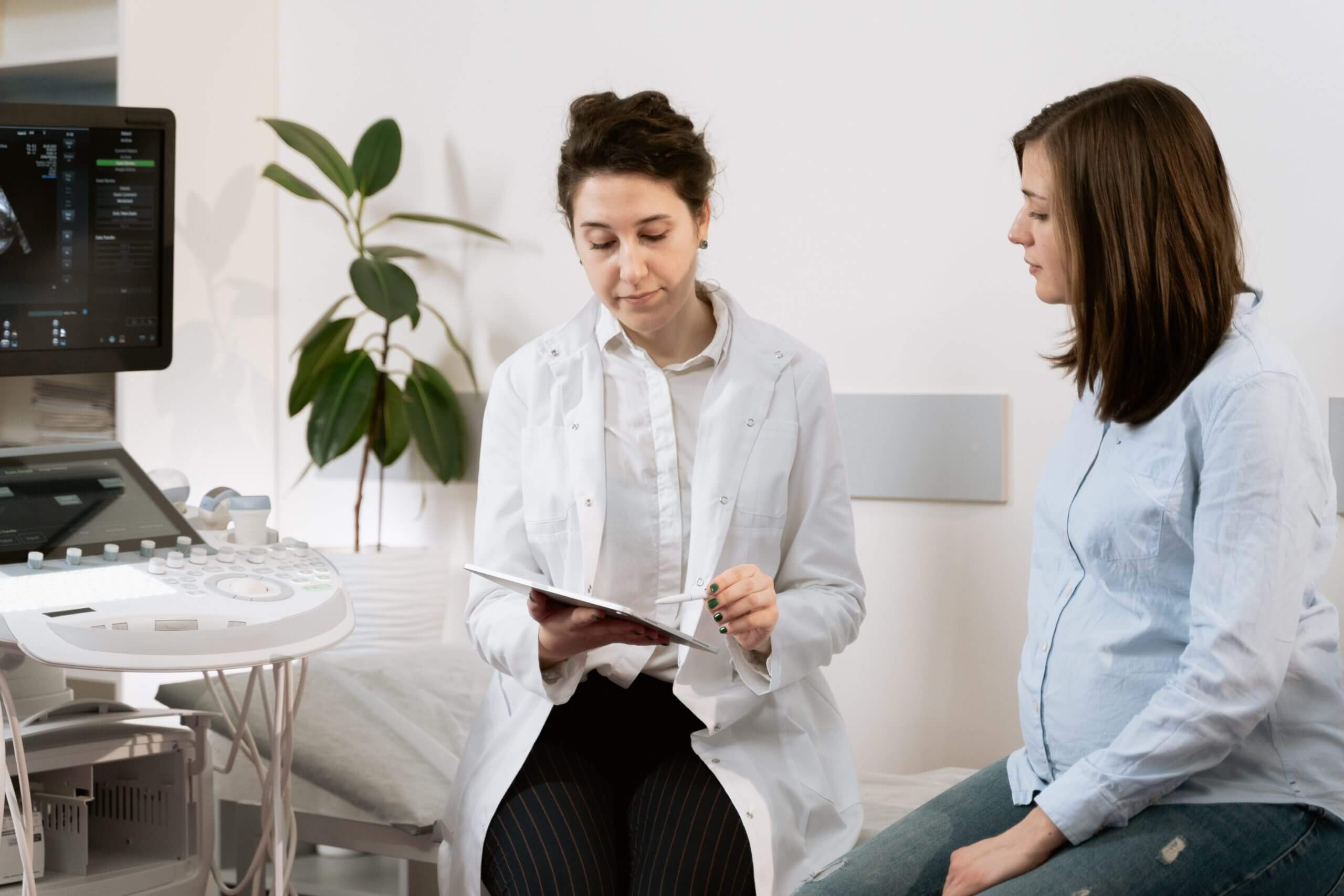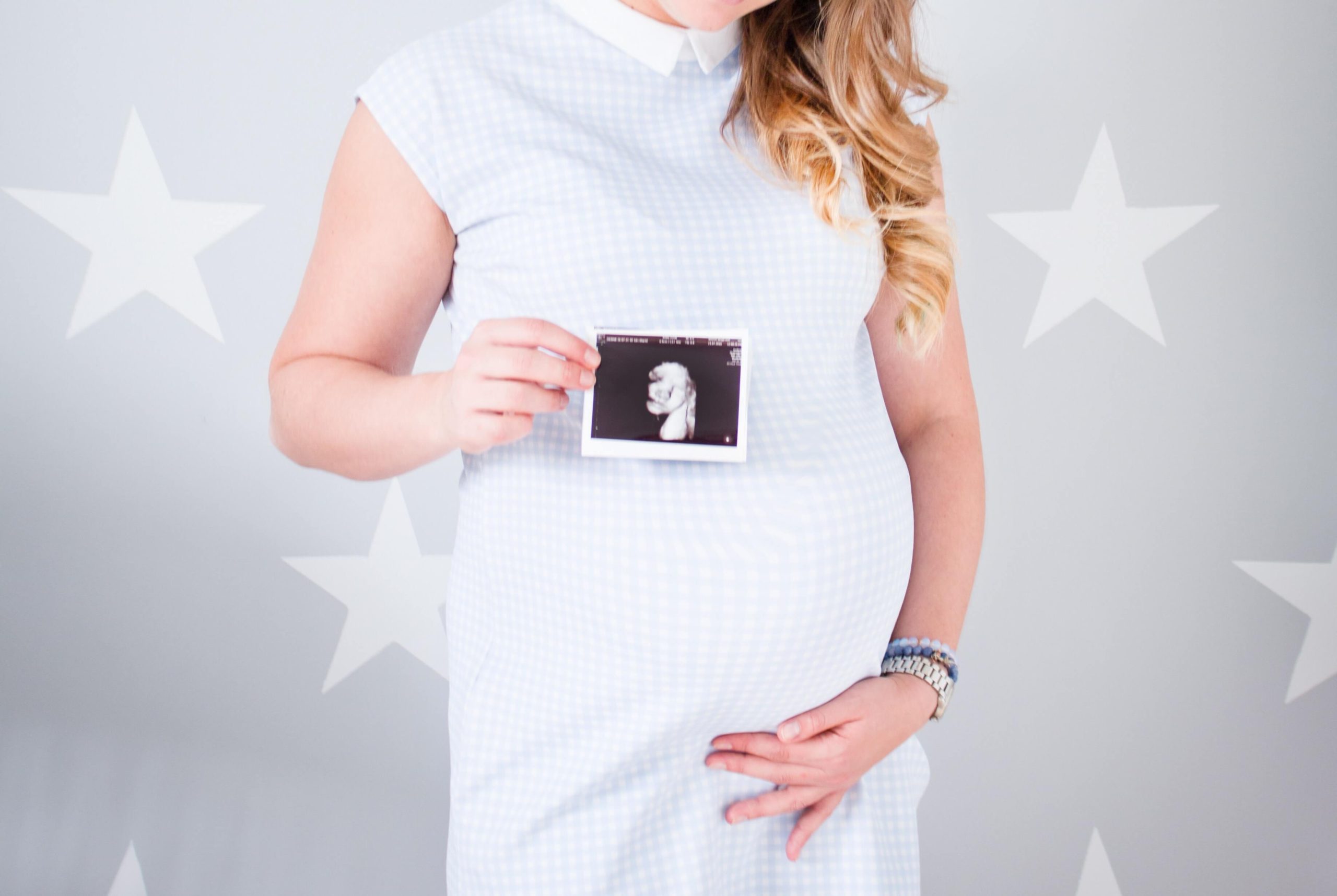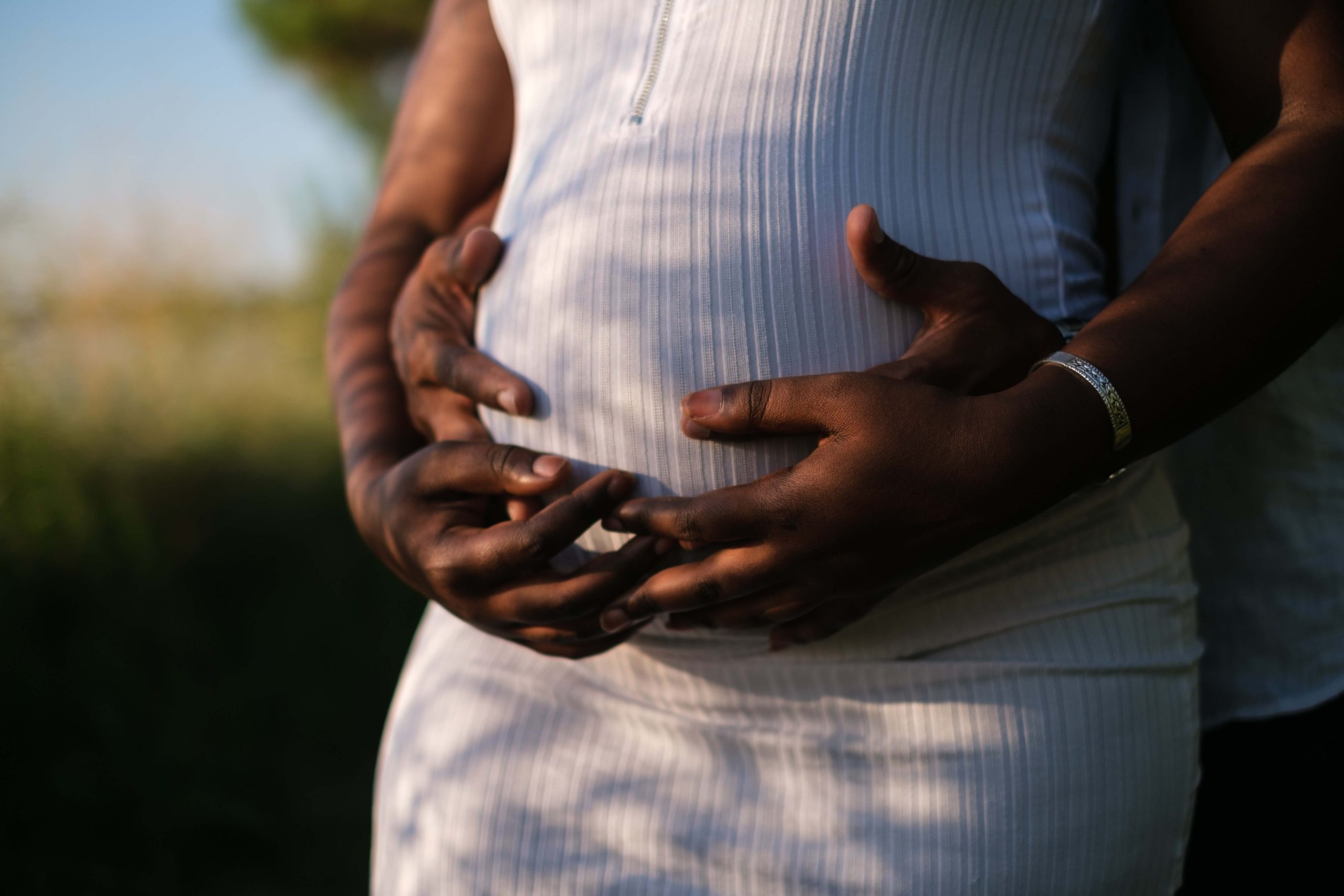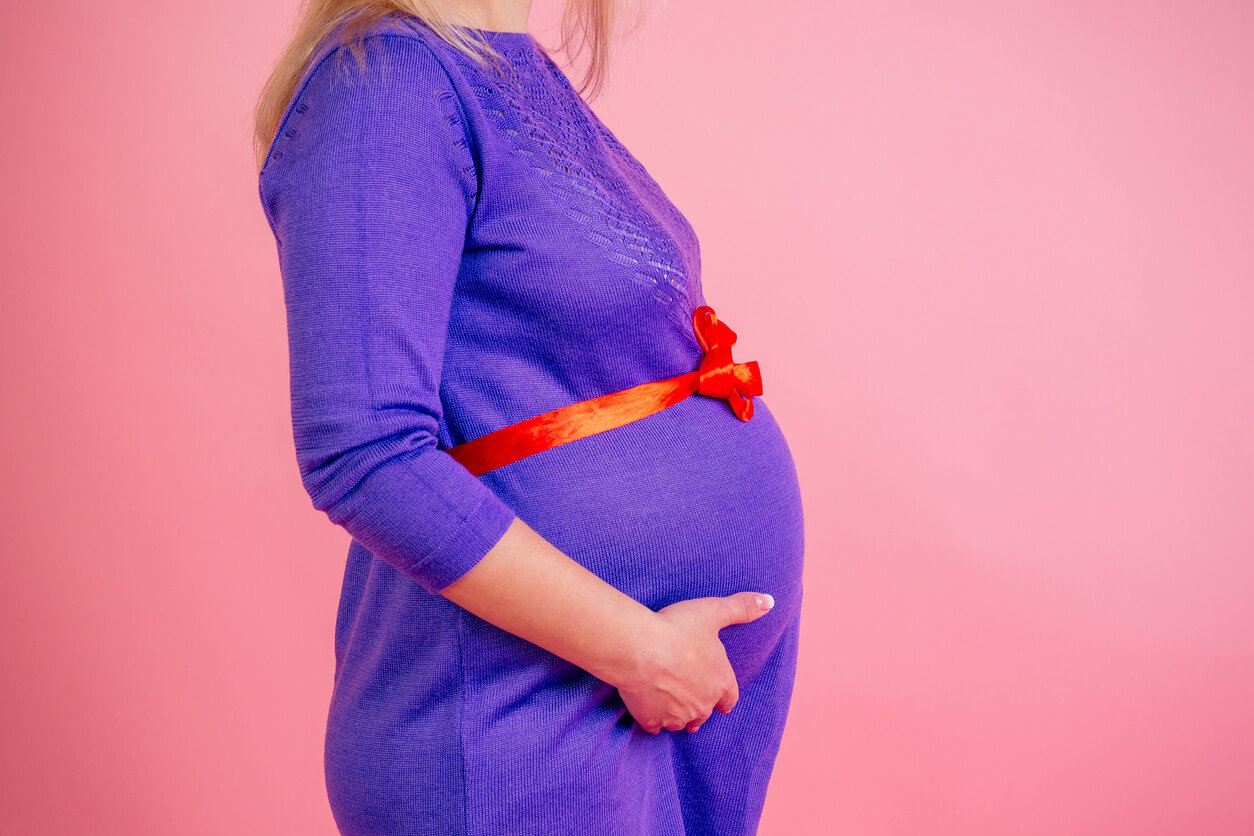One of the greatest blessings of women is the power to bring life to earth. Even from childhood, a girl is moulded physically and mentally for this great phenomenon. Bringing life to the earth and nurturing it is a special blessing that women are bestowed with.
What is the first trimester of pregnancy?
A healthy pregnancy lasts for 37-42 weeks. The first twelve weeks are called the first trimester of pregnancy. Pregnancy starts from the moment a male sperm fertilizes the ovum. But it is calculated from the first day of your last period.
During the first trimester, the baby grows from a fertilized ovum to a fetus. The first trimester is the most crucial stage of pregnancy when the baby’s major internal organs like the brain, stomach and intestine are developing. You can even listen to the baby’s heartbeat at the end of this trimester.
What are the physical changes during the first trimester?
You may not notice any external changes during this phase as the fetus is still tiny. But you will experience several pregnancy symptoms. One of the most noticeable symptoms is morning sickness. Morning sickness is nothing but nausea that is experienced in the early morning. However, some women experience morning sickness throughout the day.
Besides morning sickness, food cravings or food aversion are some other symptoms you notice. Your breast becomes larger and tender to the touch. You may also feel an urge to urinate more often.
To relieve pregnancy symptoms, especially nausea, you should split meals into 5-6 small portions. Reducing your consumption of greasy and fatty food would be best as it can cause heartburn. It is better not to strain too much and take rest whenever you feel tired.
What activities can you do during the first trimester?
You should not put a lot of restrictions on yourself just because you are pregnant. Thus, you can do all the activities you used to do before pregnancy, provided you get a green signal from your doctor. You can do moderate exercises without putting a lot of strain, like walking, swimming and yoga.
However, it would be best if you avoided a hot tub bath as it can cause overheating. Similarly, it would help if you do not get exposed to an x-ray as it can harm the growing fetus.
What health check-ups are done during the first trimester?
Pregnancy is confirmed through a urine test. Apart from this, the doctor will also prescribe another urine test to rule out urinary tract infection, which is common during this stage. The doctor will also prescribe a blood test to check your blood group, iron level and other infections like HIV and hepatitis B.
Your midwife will start monitoring your weight from this stage. Ideally, a woman should gain 2-4 pounds during the first trimester. Your doctor will also review your medicines if you are on some medication.
How to stay healthy during the first trimester?
Nutritious food, regular exercise and a healthy lifestyle are crucial throughout pregnancy. You can eat healthy food that nourishes you and the growing fetus. But it is best to avoid unpasteurized milk, cold-cut meat, uncooked egg and raw fish as they might contain harmful bacteria.
It would be best if you avoided dieting, alcohol consumption and smoking throughout pregnancy. You should follow a healthy diet consisting of the below food varieties.
- Fruits and vegetables
Fresh fruits and vegetables should form a major part of a pregnant woman’s diet. Folic acid is essential during the first trimester as it helps prevent neural tube defects. You should include food rich in folic acids, like leafy vegetables and beans, as part of the diet. In addition, food items that are rich in Vitamin C, like oranges, lemons, and tomatoes, should be consumed.
Typically, during the first trimester of pregnancy, a woman should consume 4-5 servings of vegetables and 2-4 servings of fruits daily.
- Whole grains
Whole grains are rich in fibre, vitamin B and iron. As such, food items rich in whole grains like oatmeal, whole-grain pasta or bread, and brown rice should be made part of the diet. A pregnant woman should have 6-10 servings of whole grain meals daily.
- Poultry, fish and meat
Poultry, fish and meat are rich sources of protein essential for the fetus’s growth. Though it is primarily required during the second and third trimesters, you should consume it during the first trimester as well for wholesome nourishment. Apart from protein, these food items are rich in Vitamin B and iron and help fight fatigue that is prevalent during pregnancy. However, you should avoid cold cuts and raw meat as it can cause bacterial infection.
- Dairy products
Dairy products like milk and milk products are rich sources of calcium. These are highly essential for the baby’s healthy bones and teeth. For a growing fetus, the calcium is absorbed from the mother’s body. If the mother does not adequately consume calcium-rich food, it can cause calcium deficiency. Thus, it would help if you made dairy products a part of your diet.
Conclusion
The first trimester is a time of both physical and mental changes. Thus, getting good support from your partner and family is highly essential. Make sure that you eat wholesome food that nourishes your body and helps in the growth of the fetus. It would be best if you also underwent regular antenatal check-ups to ensure that the fetus grows normally.






